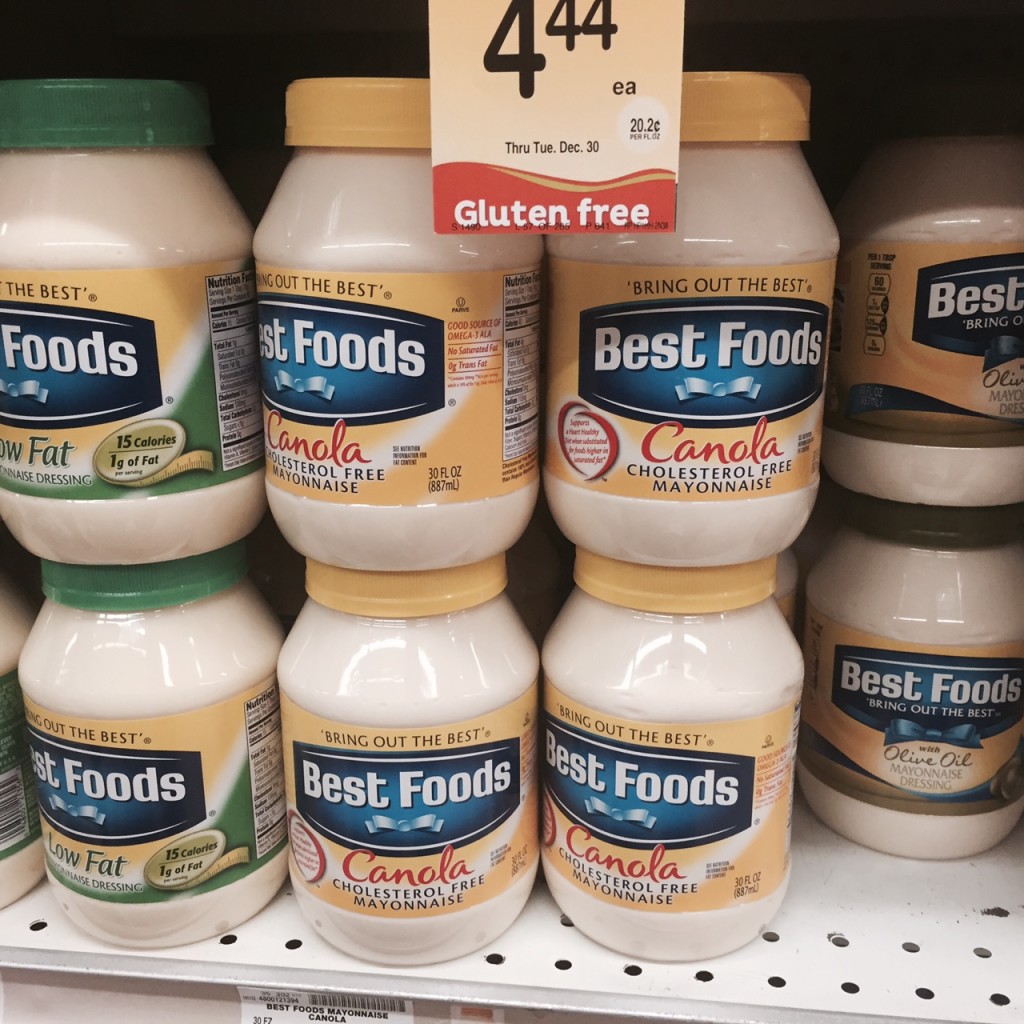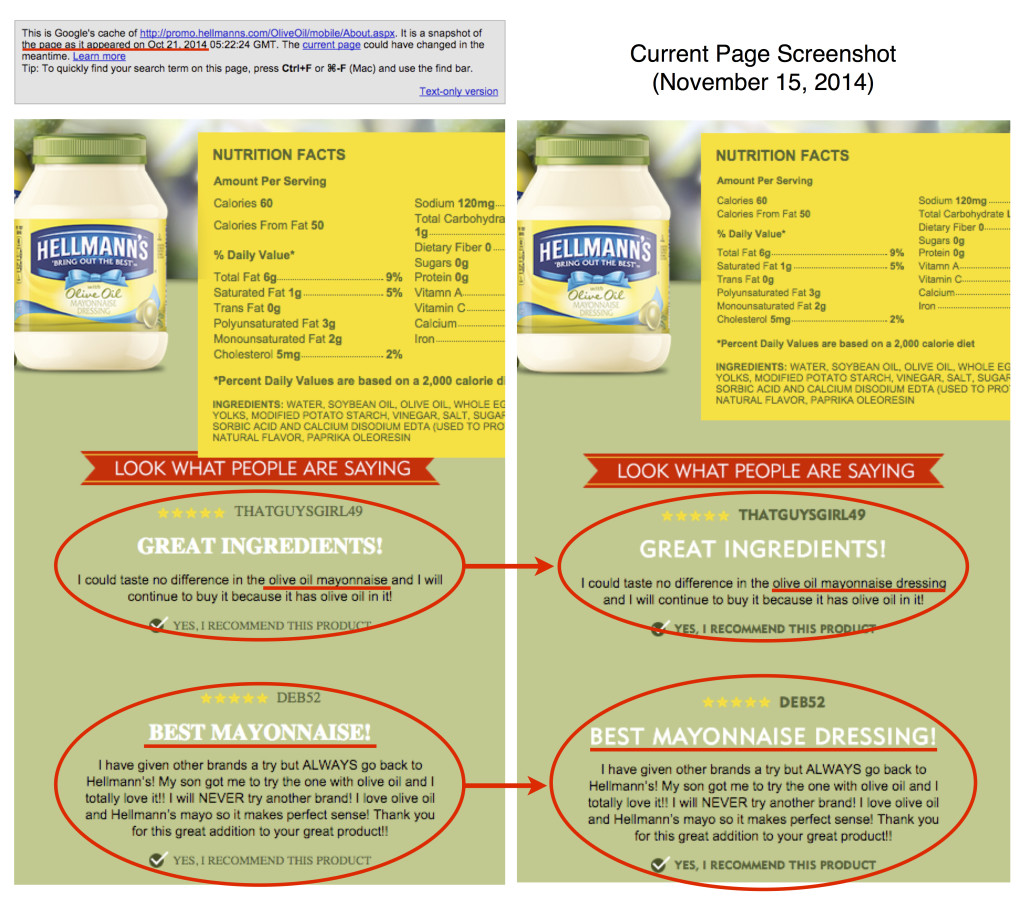As I posted last week, I conducted a legal analysis to counter the claim that considerations of environmental sustainability do not belong in the Dietary Guidelines for Americans. The same week, the USDA and HHS announced they would exclude sustainability from the final document not yet out, despite the Dietary Guidelines Advisory Committee’s recommendations that eating less meat and more plants is best, both for our own health and that of the planet. Below is a media round-up of coverage of my analysis.

Food Law
The legal basis for sustainability in the Dietary Guidelines for Americans
This week, the House Agriculture Committee is holding a hearing on the controversy surrounding the current update to the Dietary Guidelines for Americans. I have written about the meat lobby’s tactics previously, and in May submitted a letter on behalf of plant-based food companies supporting the recommendation to eat less meat and more plants.
Today I am releasing a legal analysis aimed at countering USDA Secretary Tom Vilsack’s claim that the Dietary Guidelines Advisory Committee went beyond the statutory authority in recommending that sustainability be incorporated into dietary advice. As my analysis shows, the USDA and HHS would be well within its legal authority to include sustainability. In summary:
- A plain reading of the statute does not preclude sustainability;
- The Congressional intent was to further a broad agenda on health;
- Previous DGA versions included issues beyond “nutrition and diet”.
You can download and read the analysis here. Thanks to My Plate, My Planet for supporting this project.
Oct. 7 update: You can also read my op-ed on this topic, published in The Hill.
Hampton Creek targeted by USDA-controlled egg industry program
Potential legal violations uncovered in secret PR effort to damage egg-free competitor
Hundreds of pages of disclosed communications from the American Egg Board reveal a coordinated two-year plan to undermine and attack Hampton Creek, the San Francisco-based food company, seen as a “threat” and “major crisis” to the egg industry.

One of the most important ways that industrial animal agriculture promotes its products is through Congressionally-mandated “checkoff” programs. Each industry member pays into a collective fund that is controlled and managed by the U.S. Department of Agriculture. The American Egg Board is the egg industry’s checkoff program. Very specific rules govern how it operates, all supposedly overseen by the USDA. The Egg Board’s stated mission (which stems from federal law) is “to allow egg producers to fund to carry out proactive programs to increase demand for eggs and egg products through research, education and promotion.”
And yet, USDA’s recent response to a Freedom of Information Act request reveals a number of highly questionable activities that likely violate federal law. The documents (summarized here) are mostly email exchanges between Egg Board executives and others in the egg industry, or with PR consultants, and reveal a disturbing pattern of attacks on Hampton Creek over a two-year period from 2013-2014. (There’s no indication that the campaign has stopped.)
As I documented last fall, Hampton Creek’s early success has touched a nerve in the industrial food industry. These documents show that the lawsuit by Unilever over the start-up’s Just Mayo product was child’s play compared to the Egg Board’s activities. Below is a summary of the most egregious communications.
Media Coverage for Plant Foods Coalition and Dietary Guidelines
As I posted earlier this week, I submitted comments on behalf of new coalition of plant food companies to support the Dietary Guidelines Advisory Committee’s recommendations to lower red meat and processed meats and increased plant foods. I am pleased that the following media outlets picked on this story. More at: LessMeatMorePlants.com
Top 10 Legal Victories for the Food Movement in 2014
In my ongoing attempt to shine a light on the critical role that lawyers play in the food movement, here are just a few examples of legal victories this past year. As this list demonstrates, we need lawyers to both proactively change the law, and to defend against legal challenges. This was an especially good year for legal victories. So thank a lawyer! Continue reading →
Hey Unilever, is it mayonnaise or mayonnaise dressing?

The image on the left is a picture taken by Josh Tetrick, CEO of Hampton Creek, at a Safeway in San Francisco on Sunday, November 16. It shows the Best Foods Canola Cholesterol Free variety labeled “mayonnaise.” However on the Best Foods website is the image on the right, which has the same product labeled “mayonnaise dressing”. According to federal law, to be called “mayonnaise” the product must contain at least 65 percent oil by weight, which this product does not. For more details on mayogate see my post from yesterday.
Mayogate: Unilever Doctoring Customer Reviews
Big Mayo scrubbing Hellmann’s website to cover up deception after filing lawsuit against Hampton Creek
Screen shots of Hellmann’s promotion showing altered customer reviews. (Click for larger resolution.)
Last week I wrote about the negative PR backlash against global giant Unilever for its desperate lawsuit against Hampton Creek over Just Mayo, a new product made without eggs that is quickly stealing market share from twin brands Hellmann’s and Best Foods, the market leaders. Most corporations shy away from filing these sorts of competitor lawsuits and Unilever is about to find out why.
Making Sense of Seals of Approval
These days health-conscious consumers are increasingly seeking out food products not only with fewer ingredients and a “clean label”, but also foods produced in a manner that minimizes harm to the environment, among other ethical business practices. And it’s not enough to claim your product is healthy or sustainable with just words; to get that much-needed boost in a highly competitive marketplace, many food companies are spending the extra money to obtain third-party certification for various claims.
Why Food Companies Should Fear Competitors More Than the Feds
With far too much to regulate and too few resources, the U.S. Food and Drug Administration has to be selective in enforcing deceptive marketing laws. Similarly, the Federal Trade Commission, which oversees all advertising, can’t police everybody. But while the feds have better things to do than troll the supermarket aisles looking for the latest dubious health claim, that doesn’t mean food marketers can get sloppy.
Offering new legal services with The Food Law Firm
Food and Beverage Marketing: Beyond Compliance
Over the past 18 years as a lawyer and public health advocate, I have scrutinized the ways that food companies use misleading or illegal marketing to unfairly influence consumers. I will continue to call out these deceptive practices as long as the industry continues to use them.














